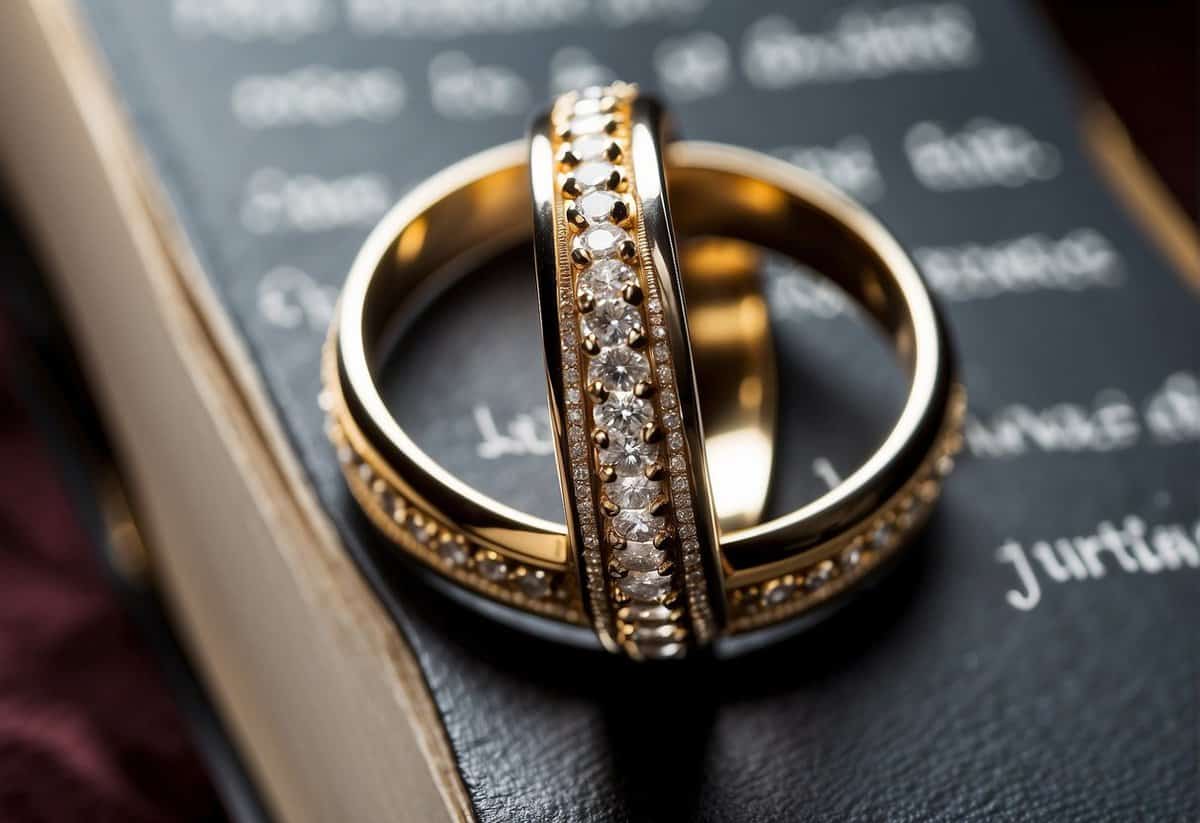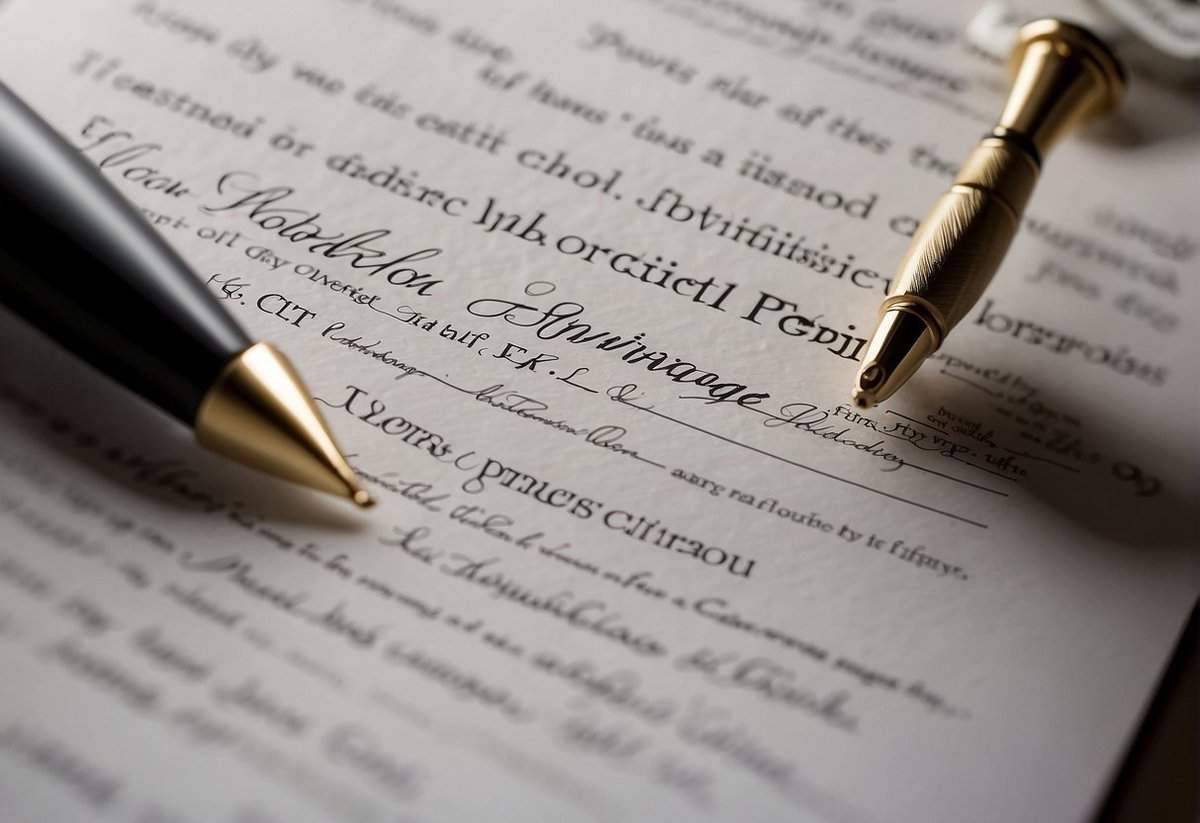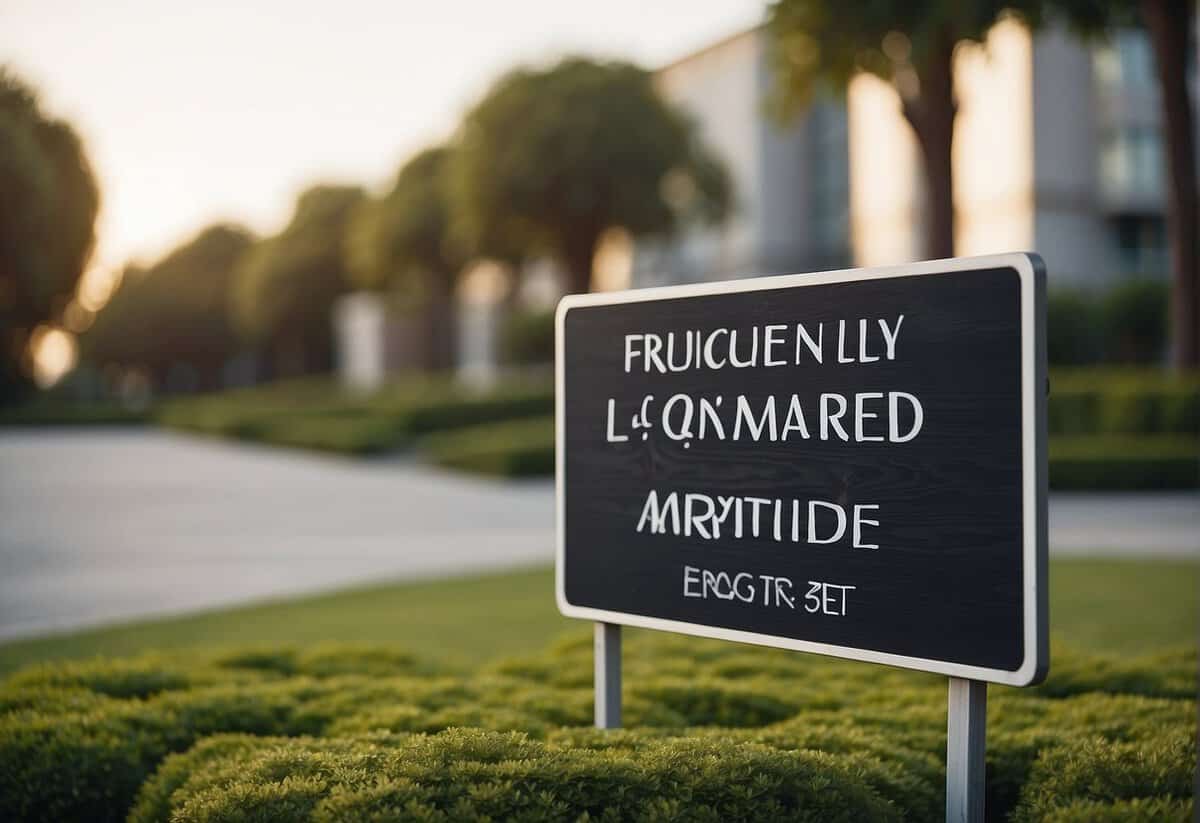Is It If I Get Married or If I Got Married? Understanding Verb Tenses in Wedding Talk
When deciding whether to say “if I get married” or “if I got married,” it’s important to understand the nuances of English grammar and the context in which you’re speaking. “Get married” refers to the act of entering into marriage, typically used when discussing future plans or ongoing events leading up to a wedding. It’s about the transition from being single to being a spouse. Conversely, “got married” indicates a completed action — the wedding has taken place and the state of being married has been entered into. This tense is often used when reflecting on the past or describing the state of being married.

The choice between these phrases also subtly impacts the legal and social understanding of your marital status. “Get married” might imply you’re currently engaged or in the process of planning a wedding, while “got married” confirms the legal union has already been established. The topic can also elicit a variety of frequently asked questions, as marriage is an event with deep social and emotional significance. Understanding when to use each phrase will help you communicate more effectively about your relationship status.
Key Takeaways
- “Get married” is used for future or ongoing processes, while “got married” refers to a past event.
- The phrase you choose can indicate different legal and social implications of your relationship status.
- Proper usage of these phrases helps in clearly expressing intentions and experiences regarding marriage.
Understanding Marriage and Its Connotations

When you transition from being engaged to getting married, you’re not just planning a wedding; you’re preparing for a change in your social and legal status. Below we’ll explore the significant shift that comes with marriage and the ways in which our language reflects the deep implications of this union.
The Transition from Engagement to Marriage
You’ve said “yes,” and now you’re wearing an engagement ring. Engagement is the promise of commitment, the period when you and your partner plan your future together, including the wedding ceremony. However, becoming married—making the transition to the state of being married—is a definitive change. It’s more than a ceremonial declaration; it’s a legal and emotional journey from “I will” to “I do,” signifying that you are joining your lives in a shared identity.
Marriage often involves various legal benefits and duties, from tax breaks to shared liabilities. The ceremony is a public affirmation of your commitment, but the moment you sign the marriage certificate, your social status changes. You are recognized by society not just as partners, but as a family unit with its own rights and responsibilities.
The Linguistics of ‘Married’: Verb and Adjective Uses
The word “married” serves as both a verb and an adjective, revealing its versatility in English. As a verb, to get married indicates action—you become united legally in marriage through a ceremony. For example, “When you get married, you exchange vows.” As an adjective, “married” describes your ongoing state of being married. “Now that you’re married, you’ll file taxes jointly.”
Remember, when you say “I got married,” you’re referring to a specific event—the actual wedding. Meanwhile, saying “I am married” refers to your current status. Both uses underscore not just a personal milestone but also a new phase that carries societal and legal recognition.
Grammatical Insights

Before diving into the nuances of marriage-related expressions, you should understand the grammatical elements at play. These include tenses, verb forms, and how prepositions correlate with a verb to convey the correct meaning in context.
Exploring Tenses and Verb Forms
When discussing marriage, tense plays a crucial role. If you say, “I get married,” you are using the simple present tense, which generally indicates a routine action or a universal truth. However, in the context of marriage, it sounds more like a statement about a habitual occurrence, which isn’t typically the case for marriage.
On the other hand, “I got married,” employs the simple past tense, conveying a completed action. This form is appropriate when referring to the event of your marriage in the past. It is a transitive verb structure here, where “married” serves as the past participle in a passive voice construction.
Remember that in active voice, such as “I marry you,” the subject (I) is performing the action on the direct object (you). This format, though grammatically correct, is less common in everyday language except perhaps in the context of a wedding ceremony being performed.
Direct Object and Prepositions in Marital Context
Selecting the right preposition is key to clarity. The correct way to indicate who you are married to is by using the preposition “to,” as in, “I am married to Alex.” This shows a direct relationship between you and Alex, with “Alex” being the direct object of your statement.
It is incorrect to use “with” in this context to talk about the person you are married to. However, “with” can be used in a slightly different marital context. For example, saying “married with children” is acceptable because “with” here means “accompanied by.”
To summarize:
- “Get married” refers to the action of entering into marriage.
- “Be married” indicates the state of being married.
- Always use “to” after “married” when talking about the person you are married to, not “with.”
Social and Legal Implications of Marriage

When you exchange vows and become married, your life changes in both social and legal contexts. Understanding the impact of these changes is crucial for navigating your new status as a husband or wife.
Marriage and Marital Status
Getting married transitions your marital status from single to married, which might seem straightforward but comes with a cascade of social implications. As a married individual, you are now part of a couple, and this new unit often comes with expectations from family, friends, and society. Your social identity evolves as you and your partner navigate life together, whether you’re attending events as a duo or making decisions as a team. If children are part of your life, either from before the marriage or after, being married with children typically strengthens the family unit in the social eye.
However, if your marriage leads to deciding to get divorced, this can once again shift your social standing and identity. The process of returning to a status defined as divorced, as opposed to single or married, may affect your relationships and how you interact within your social circles.
Legalities: From Wedding to Divorce
The act of getting married introduces a myriad of legal ramifications that extend from the moment you say “I do.” Legally, being married to someone establishes rights and obligations regarding property, finances, and decision-making. For instance, there is the acquisition of marital property which entails that most assets acquired during the marriage are considered jointly owned. Upon getting married, you and your spouse will also have certain entitlements, such as the right to make medical decisions for one another.
In terms of taxes and benefits, marital status can change how you file your taxes and can influence your eligibility for certain government benefits. If you or your partner are receiving benefits such as Social Security, being married may affect the amount you receive.
If a marriage doesn’t work out, the legalities of getting divorced come into play. Divorce laws vary by location, but generally, they address the division of assets, alimony, and child custody. Each partner’s rights and obligations must be settled in a legal process, ranging from property division to arrangements for any children involved in the split. Understanding these legal implications is vital as they dictate the process of separation and ensure the rights of both you and your soon-to-be-ex-spouse are observed.
Frequently Asked Questions

Navigating the nuances of English can be tricky, especially when it comes to verbs related to marital status. In this section, you’ll find clarity on how to correctly articulate your experiences and plans surrounding marriage.
Should I say ‘I am married’ or ‘I married’ when describing my marital status?
You should say ‘I am married.’ The phrase ‘I am married’ indicates your current marital status, while ‘I married’ is incomplete and typically requires more information, such as whom you married or when.
What is the proper way to express the action of marriage, ‘get married’ or ‘got married’?
The proper way to express the action depends on the tense. Use ‘get married’ when speaking about future plans to marry, and ‘got married’ for actions that happened in the past.
How can one convey a recent marriage, ‘I just got married’ or ‘I just get married’?
To convey a recent marriage, you should say ‘I just got married.’ The phrase ‘just got married’ properly communicates that the action has recently occurred.
When describing plans for a marriage, which is correct, ‘When I get married’ or ‘When I got married’?
The correct phrase when describing future plans for marriage is ‘When I get married.’ You would use ‘When I got married’ when reflecting on the event after it has occurred.
Can you explain the difference in meaning between ‘got married’ and ‘get married’?
Yes, ‘got married’ refers to a past event, indicating that the marriage has already occurred. ‘Get married’ is used for discussing future intentions or plans to marry.
How should someone announce their marriage in the past tense?
To announce your marriage in the past tense, you should say ‘I got married.’ This communicates that the marriage has already taken place.

